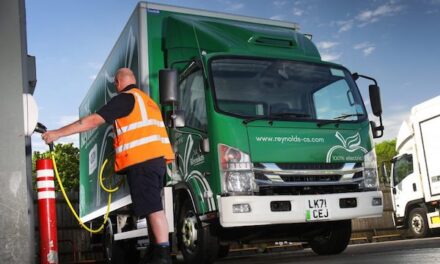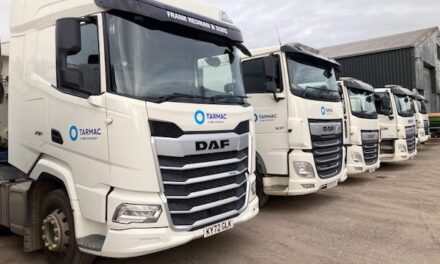Today,* the Department for Business, Energy, and Industrial Strategy (BEIS) and Ofgem announced its much anticipated Electric Vehicle Smart Charging Action Plan, intended to make smart charging the norm by 2025. Through boosting the smart charging network to allow for charging to take place at times when electricity is cheaper, it hopes to minimise the incredible strain on the grid.
To support this, the government has also announced £16 million funding from the Net Zero Innovation Portfolio (NZIP) for technologies that harness the potential of smart charging, including a smart street lamppost, and through enabling domestic appliances to integrate into a smarter energy system.
Daniel Auger, IEEE senior member and Reader in Electrification, Automation and Control at Cranfield University discusses the current state of the EV industry and outlines the challenges that need to be overcome:
“A few years ago, people became very optimistic about the possibilities of electric vehicles (EV). As with every hype cycle, there was a lot of enthusiasm and ambition at the start, however, now, people have a better understanding of what is actually possible and how quickly the technology can indeed mature – there’s still a lot of work going on behind the scenes. Whilst the industry welcomes the government’s new plans, there are many things to take into consideration.
“As it stands, we do have the right technology for energy storage – in fact the range of technologies we can use is broader than that. However, one of the biggest challenges facing the EV market is distribution and scaling up production. As this plan suggests, charging stations need to be spread evenly throughout our cities; consumers should be able to charge conveniently, and more importantly, they need access to a fast charge. We also need to understand how to re-use, recycle and dispose of used batteries safely and efficiently. Lithium-ion batteries may prove helpful given their high technology readiness level. However, this will take time and will naturally require further investment if this new approach is to work.”
Do let me know if you want to speak to Daniel or wish to receive a written contribution, as I’m happy to coordinate.







